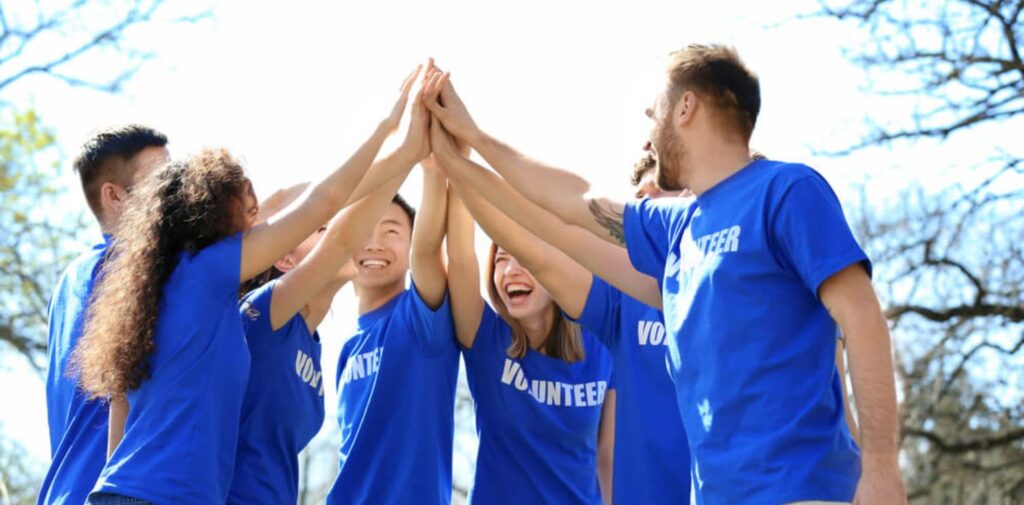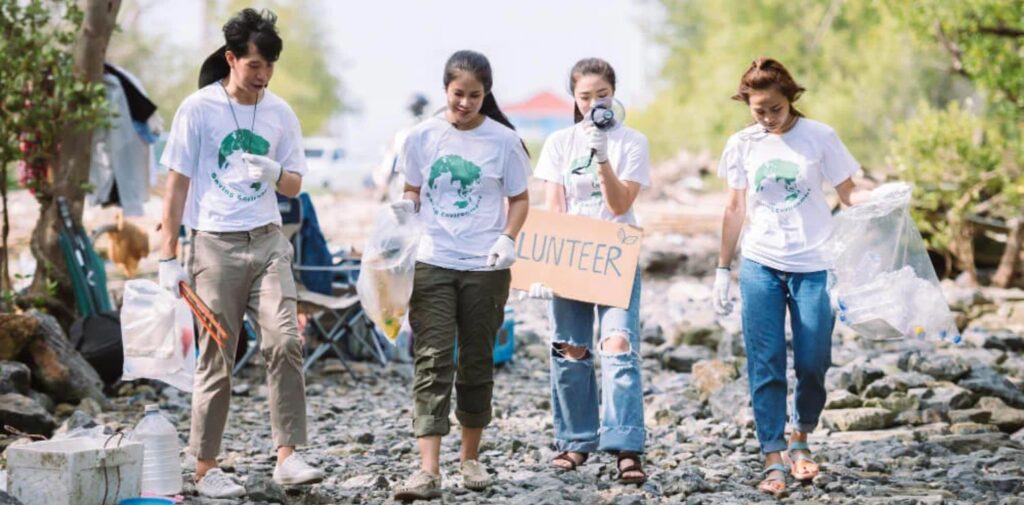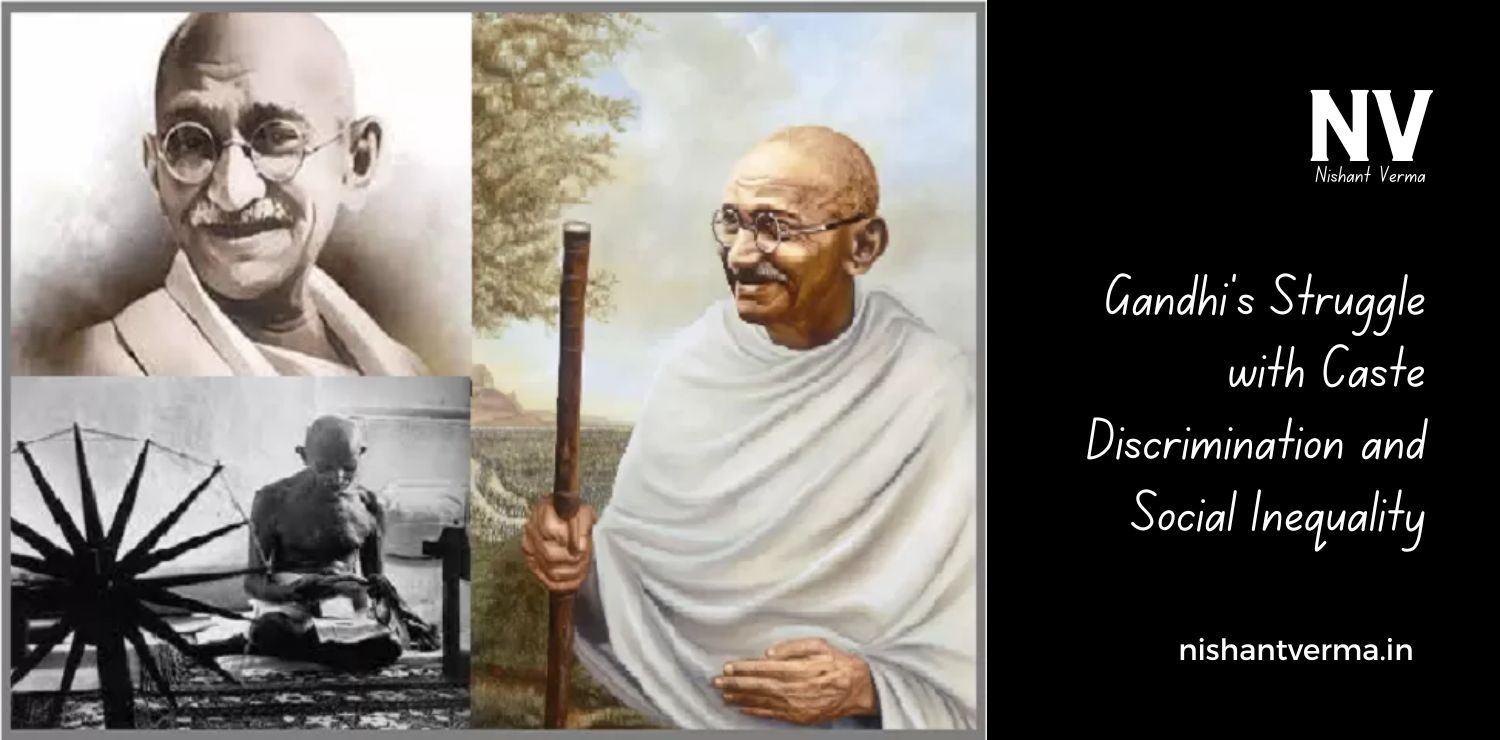In today’s fast-paced world, the role of students extends far beyond academic achievements. More and more, students are becoming an integral part of efforts that contribute positively to society. One of the most impactful ways students can make a difference is through volunteering—giving their time, energy, and skills to help others without expecting anything in return. This is why Student Volunteering Week has become an important event, encouraging young people to get involved in community service and social causes.
Student Volunteering Week is a dedicated week where students are encouraged to participate in volunteer work, learn about the importance of community service, and explore the positive impacts they can make on the world around them. The week highlights the value of volunteering, not only for society but for students themselves. Volunteering helps develop important life skills, fosters empathy, and allows students to experience firsthand the power of making a positive difference.
In this article, we will explore the importance of Student Volunteering Week, its impact on students in India, the benefits of volunteering, and how students can get involved in volunteering activities.
What is Student Volunteering Week?
Student Volunteering Week is an annual event that celebrates and promotes the culture of volunteering among students. During this week, educational institutions, local communities, and organizations come together to encourage students to participate in various volunteer activities. These activities can range from helping at local charities and supporting environmental causes to teaching underprivileged children or organizing blood donation drives.
The week is designed to raise awareness about the value of volunteering, inspire students to contribute their time to social causes, and highlight the personal and social benefits of giving back to the community. It also encourages students to connect with organizations and NGOs that align with their interests and passions.
In India, Student Volunteering Week has been gaining momentum, with many schools, colleges, and universities organizing events and programs to encourage students to volunteer. Whether it’s participating in environmental conservation efforts, helping with disaster relief, or mentoring younger students, volunteering allows students to make a tangible impact on the world.

The Importance of Student Volunteering
Volunteering offers students an opportunity to give back to their communities and help those in need. It is a powerful way for young people to develop leadership qualities, teamwork skills, and empathy. Moreover, volunteering enables students to see the world from different perspectives and fosters a sense of responsibility toward society.
Here are some key reasons why student volunteering is so important:
1. Contributing to Society
Volunteering plays a crucial role in addressing societal issues. In India, there are numerous challenges, such as poverty, illiteracy, lack of healthcare, and environmental degradation. Students, with their energy, ideas, and enthusiasm, can make significant contributions to solving these problems. By volunteering their time, students can support local initiatives, help spread awareness about important issues, and directly contribute to improving the lives of others.
For example, students can participate in campaigns to raise awareness about clean drinking water, assist in providing educational resources to underprivileged children, or work with NGOs that provide healthcare services to rural communities.
2. Personal Growth and Development
Student volunteering allows individuals to grow personally and develop essential life skills. These include:
- Leadership Skills: Volunteering provides opportunities for students to take on leadership roles, organize events, and guide others in projects.
- Communication Skills: Students develop better communication skills by interacting with diverse groups of people, including other volunteers, beneficiaries, and community members.
- Problem-Solving Skills: Volunteers often face real-world challenges and must think critically to solve problems. This helps develop creative thinking and resourcefulness.
- Empathy: Volunteering helps students understand the struggles and needs of others, fostering empathy and compassion.
3. Building a Sense of Responsibility
By volunteering, students learn the importance of responsibility. They understand the significance of time management, commitment, and accountability. Volunteering teaches young people to take initiative and make a difference in the lives of others. It also helps students become more socially aware and develop a sense of duty toward their community and society at large.
4. Enhancing College Applications and Careers
For students looking to build their resumes or college applications, volunteering is a valuable experience. Colleges and universities often look for well-rounded individuals who demonstrate leadership, initiative, and social responsibility. Volunteering also provides students with practical experience that can be beneficial for their future careers. It helps them build a network of contacts, gain hands-on experience, and develop skills that are highly valued by employers, such as teamwork, communication, and problem-solving.
5. Fostering Social Change
Students, through volunteering, can contribute to creating positive social change. When students come together for a common cause, they can bring attention to important social issues and create a ripple effect that leads to long-term impact. From addressing climate change to advocating for gender equality, students can raise awareness, influence public opinion, and help bring about the change they want to see in the world.

The Benefits of Volunteering for Students
Beyond the personal and societal benefits, volunteering also offers students a wide range of advantages. Some of the most notable benefits include:
1. Developing New Skills
Volunteering allows students to acquire new skills that they may not learn in the classroom. These can include technical skills (like using digital tools and social media for campaigns) and soft skills (such as empathy, patience, and teamwork). These skills will not only be valuable in their personal lives but also in their future professional careers.
2. Expanding Social Networks
Through volunteering, students can connect with like-minded individuals who share similar interests and values. This can help them build lasting friendships, expand their social circles, and collaborate with people from diverse backgrounds. Networking through volunteer work can also open doors to job opportunities and internships, helping students build connections that can benefit them later in life.
3. Boosting Mental Health and Well-being
Volunteering has been shown to have a positive impact on mental health. Engaging in volunteer work allows students to focus on something other than their own problems, providing a sense of purpose and fulfillment. It can also reduce stress, anxiety, and feelings of isolation, as volunteering often fosters a sense of community and belonging.
4. A Chance to Explore Career Interests
Volunteering gives students the chance to explore different career paths before making decisions about their future. For instance, students interested in healthcare can volunteer at hospitals, those passionate about education can tutor underprivileged children, and those interested in environmental conservation can join environmental NGOs. This hands-on experience helps students make more informed decisions about their future careers.

How Students Can Get Involved in Volunteering
Getting involved in volunteering during Student Volunteering Week, or any other time, is relatively easy. Students can start by following these steps:
1. Identify Interests and Causes
The first step is to identify what causes or issues resonate with you. Are you passionate about education, healthcare, the environment, or helping marginalized communities? Understanding your interests will help you choose a cause that you are genuinely passionate about.
2. Research Volunteer Opportunities
Once you know what you’re interested in, you can begin researching volunteer opportunities in your area. Many organizations, NGOs, schools, and community groups offer volunteer programs. You can look online, ask your school or college about volunteer programs, or talk to local NGOs about how you can contribute your time.
3. Start Small
If you’re new to volunteering, start with small activities. You don’t have to commit to large-scale projects right away. Volunteering can be as simple as helping out at a local event, tutoring children, or participating in clean-up drives. As you gain experience, you can take on larger and more impactful roles.
4. Collaborate with Friends and Classmates
Volunteering can be more fun and rewarding when done in groups. Collaborating with friends and classmates not only strengthens bonds but also helps you accomplish more. Many colleges organize group volunteer events, so look out for those opportunities.
5. Make Volunteering a Regular Activity
Volunteering doesn’t have to be limited to one week or a few days. It’s something that can be incorporated into your routine. Make volunteering a regular part of your life, whether it’s dedicating a few hours each month or taking part in community service activities regularly.
Conclusion
Student Volunteering Week is a powerful initiative that not only promotes community service but also helps students grow as responsible, compassionate, and engaged citizens. By volunteering, students can develop important life skills, contribute to social change, and make a lasting impact on their communities. Volunteering is a win-win situation for both the students and the society, as it helps individuals grow personally and professionally while also making the world a better place.
In India, where many challenges remain in areas such as education, health, and poverty, students have the power to make a big difference. By actively participating in volunteer work, students can become a driving force for positive change, shaping a brighter future for themselves and their communities.
So, this Student Volunteering Week, take the initiative to get involved in a cause you care about. You never know how much of a difference you can make until you try!




